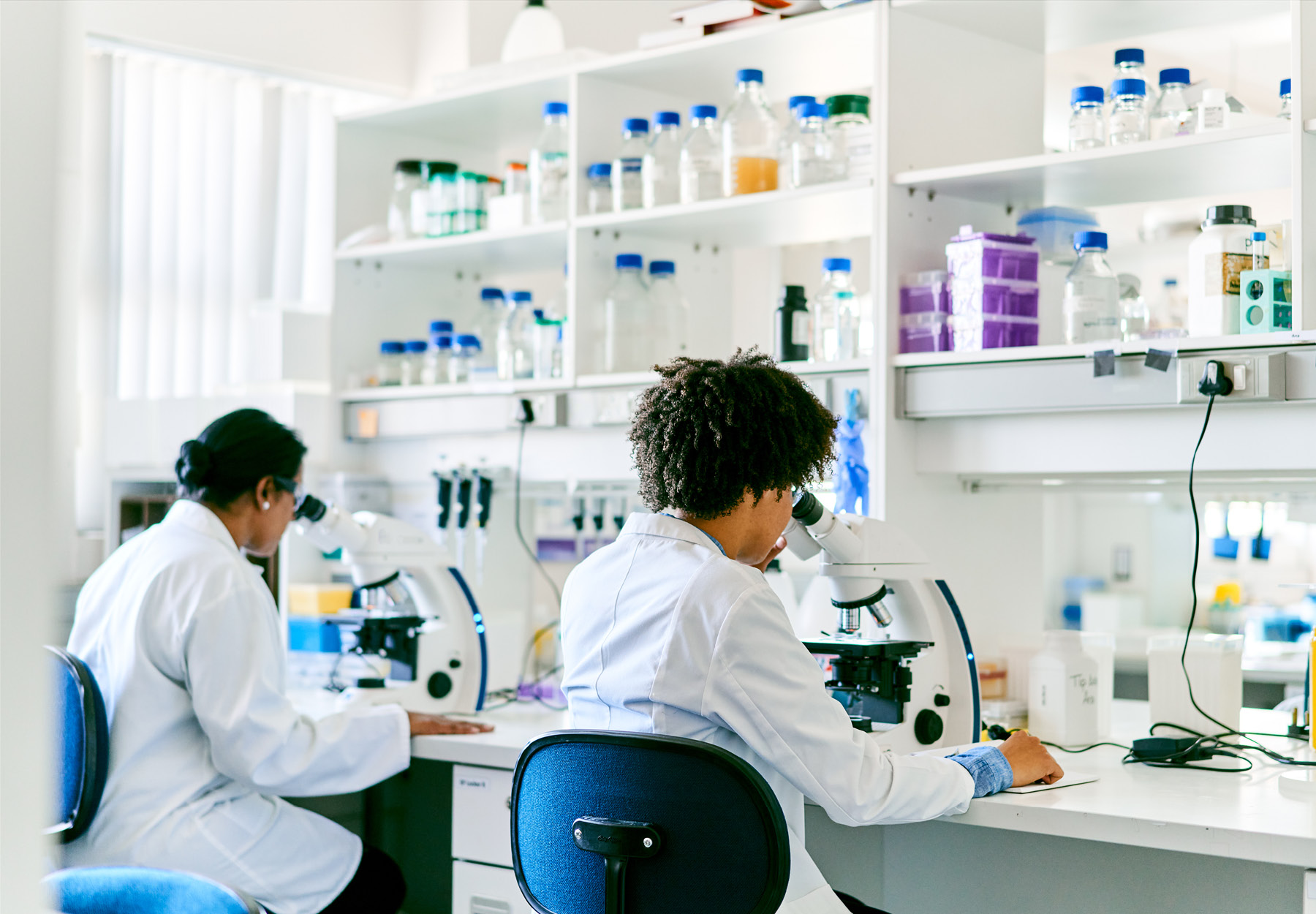Expert Q&A: Recent Trends in the Clinical Lab
G2 Intelligence managing editor Rachel Muenz chats with lab leader Stephanie Whitehead about recent developments affecting clinical labs.

Subscribe to Clinical Diagnostics Insider to view
Start a Free Trial for immediate access to this article